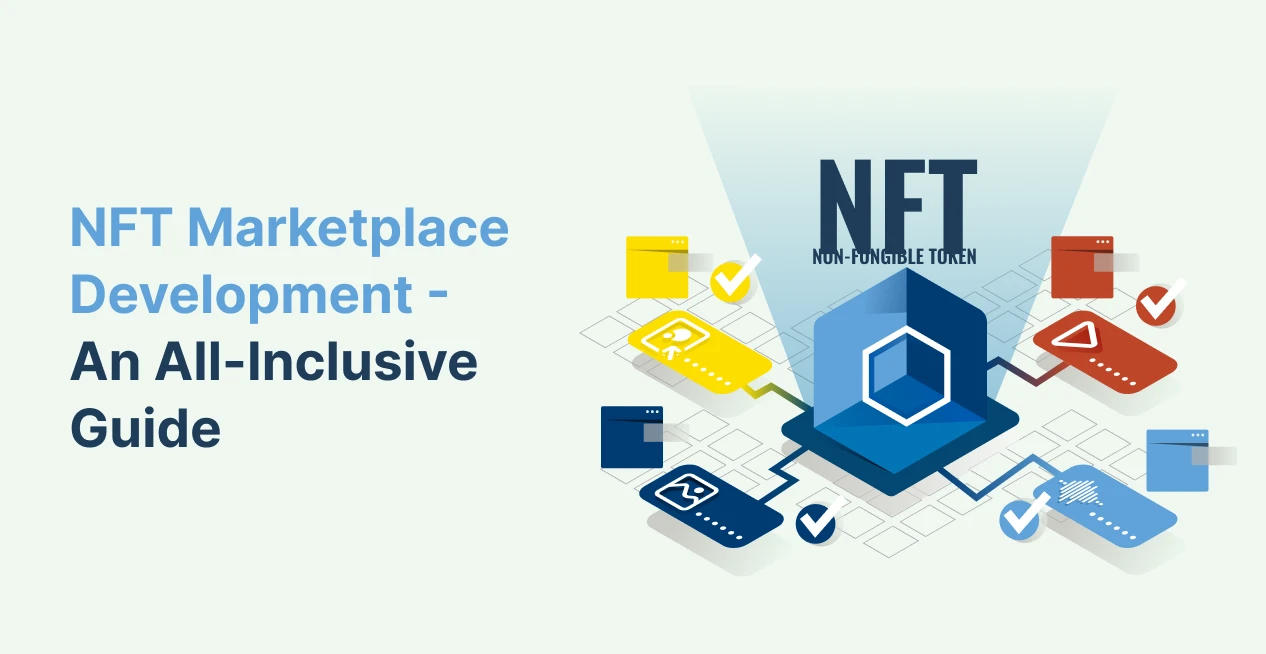Continuous integration has become an integral part of the DevOps pipeline today. With the growing demand for new features and extensive competition among organizations, constant updates of the products have become critical. The continuous integration tools have made their presence felt in the tech industry to provide essential support to the DevOps developers. According to a report by Markets and Market, the global continuous integration tools market is expected to reach the value of US$ 1.13 billion by the end of 2023. The report also states that the CI tools market shall experience a whopping 18.7% during the forecast period between 2018 and 2023.
The term continuous integration tools often pop up while looking for DevOps life cycle. So what are continuous integration tools? Which are the best for a business? Finally, what are the benefits of CI tools? Let’s try to answer these questions one by one.
What are Continuous Integration Tools?
Continuous integration tools are designed specifically to help the DevOps developers integrate the updates to the production environment. These tools help the developer and operation teams test, verify, authenticate, and monitor the updates’ functionality. Moreover, these tools also help the organizations deliver seamless and hassle-free continuous integration services to the clients.
Looking at the definition of continuous integration tools, it is evident that these tools are of great help to the developers. But, why are these tools in demand among the business heads?
Today, businesses are migrating from brick-and-mortar business culture to DevOps methodologies and Agile culture. The ongoing development is targeted to accelerate the delivery speed and ensure product quality. Nevertheless, it is imperative to say that in DevOps, the continuous and automated delivery cycles are the backbone that make faster and reliable deliveries possible for the developers.
Top 10 Continuous Integration Tools
With the abundance of CI tools available today, which tool is the best for a business? Below is a list of the top 10 continuous integration tools that can help organizations in hassle-free integration in their DevOps cycle.
- Jenkins
- CircleCI
- TeamCity
- Bamboo
- GitLab
- Wrecker
- Semaphore
- Nevercode
- Spinnaker
- Buildbot
Jenkins

Jenkins is an open-source continuous integration tool that allows central build and integration. It’s a self-contained Java-based program with packages for Windows, macOS, and other Unix-like operating systems. With several plugins available, Jenkins supports building, deploying, and automating the projects in the software development lifecycle.
The platform has easy installation and upgrades on various OSs, a simple and user-friendly interface, distributed builds with master-slave architecture support, and extensible with huge community-contributed plugin resources.
Features of Jenkins:
- Central build and integration support
- Extensive plugin ecosystem
- Distributed builds
CircleCI

CircleCI is one of the best CI/CD tools that supports swift software development. The tool allows automation across the DevOps pipeline from coding to deployment. Organizations can integrate CircleCI with GitHub, GitHub Enterprise, Bitbucket to create builds while committing new code lines. It also hosts continuous integration under cloud-managed options or runs behind firewalls on private infrastructure.
One of the key features of CircleCI includes running builds using a container or virtual machine. The other features are; easy debugging, automated parallelization, and quick tests.
Features of CircleCI:
- Integration with GitHub, Bitbucket
- Container-based builds
- Automated parallelization and testing
TeamCity

TeamCity is a continuous integration tool that supports building and deploying different projects in the software development lifecycle. It runs in a Java environment and integrates with Visual Studio. Moreover, the tool can be installed on Linux and Windows servers and open-stack projects.
The continuous integration tool has key features such as multiple ways to reuse settings and configurations of the parent project to the subproject and runs parallel builds simultaneously on different environments. It also enables running history builds, viewing test history reports, pinning, tagging, and adding builds to favorites.
Features of TeamCity:
- Integration with Visual Studio
- Parallel builds
- Test history reports and tagging
Bamboo

Bamboo is a continuous integration tool that automates the management of software application releases, thus creating a continuous delivery pipeline. The tool covers building and functional testing, assigning versions, tagging releases, deploying, and activating new versions on production.
Features of Bamboo:
- Automated versioning and tagging
- Parallel testing
- Support for remote build agents
GitLab

GitLab is a suite of continuous integration tools used for managing various aspects of the software development lifecycle. The core product of GitLab is a web-based Git repository manager with features like issue tracking, analytics, and a Wiki. The tool allows developers to trigger builds, run tests, and deploy code with each commit or push. The development team can build jobs in a virtual machine, Docker container, or another server.
Features of GitLab:
- Web-based Git repository manager
- Built-in CI/CD capabilities
- Container scanning, SAST, DAST
Wrecker

The Wrecker continuous integration tool can be a suitable option for the developers working on projects based on Dockers. The tool supports businesses and their development teams to work with CI/CD, microservices, and Dockers.
Features of Wrecker:
- Integration with GitHub, Bitbucket, GitLab
- Local environment replication for debugging
- Secure environment variables
Semaphore

Semaphore is an open-source hosted CI/CD service that helps developers with testing and deploying software projects. The tool establishes CI/CD standards with a pull request-based development process.
Features of Semaphore:
- Integration with GitHub
- Pull request-based development
- High-speed CI/CD platform
Nevercode

Nevercode continuous integration tool supports CI/CD for mobile applications. It helps build, test, and deploy native and cross-platform applications faster. The continuous integration tools have a flexible license that allows businesses to choose standard or custom plans tailored to their business requirements.
Features of Nevercode:
- Automatic configuration and setup
- Unit and UI testing
- Real device testing and automatic publishing
Spinnaker

Spinnaker is a multi-cloud continuous integration tool that supports releasing and deploying software changes across cloud providers such as AWS EC2, Kubernetes, and Google Compute Engine.
Some of the key features of Spinnaker are creating and deploying for faster rollouts and easier rollbacks. The tool also provides the elimination of hard to debug configuration drift issues. Install, configure, and update the Spinnaker instances with Halyard – Spinnaker’s CLI administration tool.
Features of Spinnaker:
- Multi-cloud deployment support
- Faster rollouts and rollbacks
- Elimination
Buildbot

Buildbot is a Python-oriented CI framework that automates the compile and test cycles to validate code changes. The tool then automatically rebuilds and tests the tree after every change. Therefore, developers can easily pinpoint the build problems.
Features of Buildbot:
- Automated build systems
- Application deployment
- Management of sophisticated software-release processes
These were the top 10 continuous integration tools that every business must look up for their DevOps lifecycle.
Key Takeaways on Continuous Integration Tools
Continuous integration has become an integral part of the DevOps pipeline and software development lifecycle. Software development is constantly changing its dynamics and is adopting new technologies on a regular basis. The continuous integration tools help organizations to integrate the updates swiftly and seamlessly. With these CI tools developers can deliver updates at a faster rate to the production environment helping the clients in optimizing their business processes.









